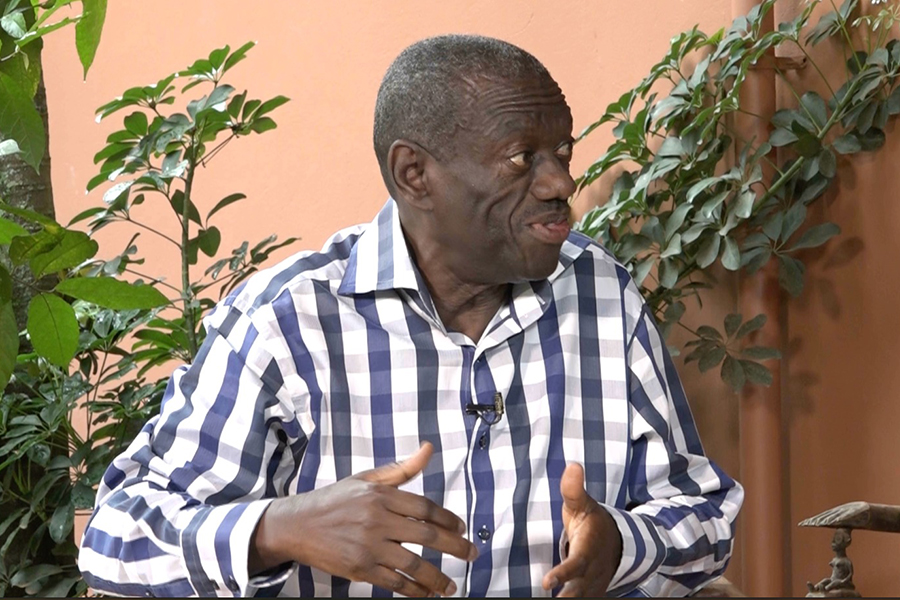(Kampala) – Dr. Kizza Besigye, a leading opposition figure and former presidential candidate, has voiced his strong opposition to the Ugandan government’s proposal to dissolve the Uganda Coffee Development Authority (UCDA), warning that such a move would further cripple the country’s coffee sector. Besigye, a long-time advocate for Uganda’s coffee farmers, claims that the UCDA has already been stripped of its power and autonomy over the years. The latest plan, he argues, to incorporate the UCDA as a government department would only exacerbate these challenges, making the authority less effective in its role.
Besigye’s comments come at a time when opposition Members of Parliament, activists, and coffee farmers are expressing concerns over the government’s handling of the sector. For nearly three weeks, these groups have voiced their objections, arguing that dissolving the UCDA would harm the industry and the livelihoods of many Ugandans.
Besigye further criticized the government’s history of concentrating power and resources in the hands of a few individuals close to the leadership. He claims that since the National Resistance Movement (NRM) took power in 1986, state assets, including key institutions like the UCDA, have been undermined or seized by those in power. He believes this has left Ugandan farmers with little control over the coffee industry, which has long been dominated by foreign interests.
The former presidential candidate argues that even if the UCDA were to remain intact, it would not bring significant benefits to the country. He pointed to the dismantling of Uganda’s cooperatives and the Coffee Marketing Board as examples of past actions that shifted control of the coffee sector to foreign entities and a select few Ugandans with close ties to the government.
Besigye emphasized that despite appearances, Ugandans have never truly controlled coffee production. Instead, profits from the coffee industry have been concentrated in the hands of foreign investors and local elites who benefit from the industry’s export profits, while the majority of Ugandans, especially farmers, see little of the revenue generated from coffee.
In Besigye’s view, the dissolution of the UCDA will not lead to any meaningful change for the industry. He believes that the core issues affecting Uganda’s coffee sector are deeply rooted in the way power and resources have been distributed over the years, and that even with the UCDA in place, nothing would fundamentally change.
Parliament is set to reconvene today, November 6, 2024, to debate the government’s proposal. However, despite the ongoing opposition, all signs suggest that the plan to dissolve the UCDA is likely to proceed.




















